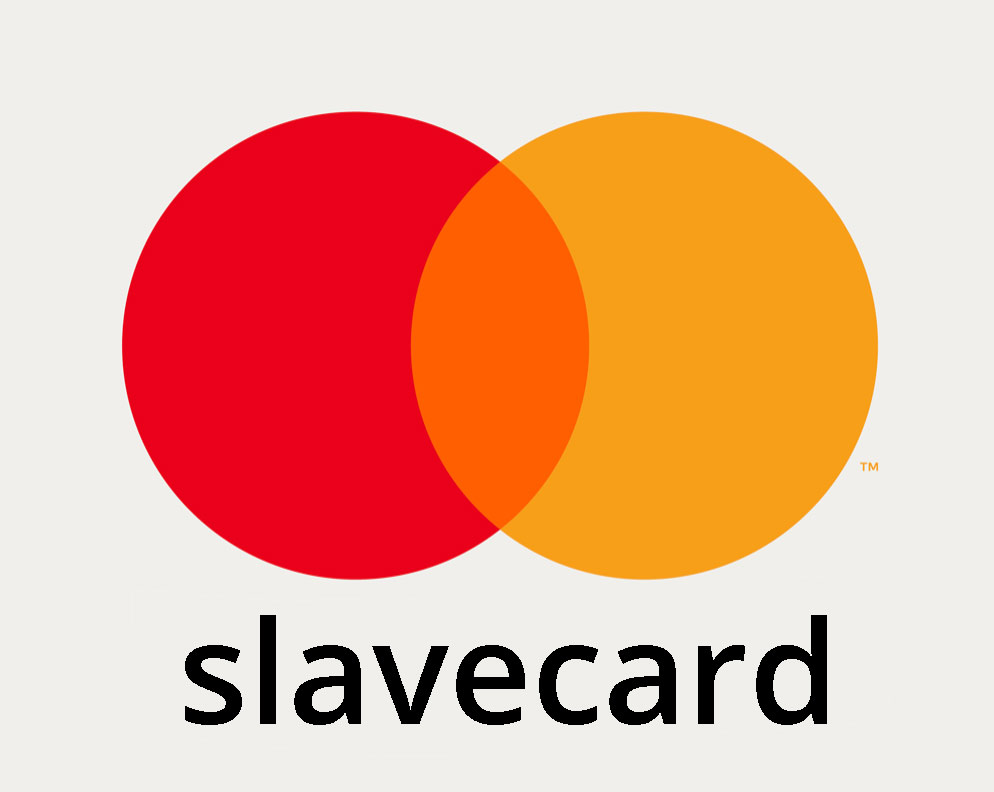by Lawrence W. Reed for Fee.org
And now that the legislators and do-gooders have so futilely inflicted so many systems upon society, may they finally end where they should have begun: May they reject all systems, and try liberty; for liberty is an acknowledgment of faith in God and His works
– French economist and statesman Frédéric Bastiat, 1850.
Venezuela’s socialist nightmare is almost over. The questions of when and how it ends—hopefully without more bloodshed—are already giving way to thoughts of what comes next. How does a nation brought low by socialism recover? Answer: Liberty!
Any blueprint for recovery must begin by learning the lessons of the past twenty years. They are legion. Here are the big ones:
- Socialism neither is nor has any theory of wealth creation. It is focused purely on consumption. It assumes that somebody, somehow, somewhere will create the stuff its advocates will seize and redistribute. That’s a dead end, as millions of Venezuelans now know.
- Socialism concentrates power in the hands of the few. It attracts the easily corrupted and corrupts them further. It appeals to the worst in people: envy, dependency, and deceitfulness.
- Socialists are demagogues. They divide society into classes and set them up to wage war against each other, knowing that they (the socialists) will become the center of power, attention and wealth as the rest of society is impoverished.
- Socialism is a disaster in both spiritual and material terms. It’s fueled by perpetual anger and victimology. It strips the individual of his dignity and his self-reliance. It boasts that it can plan his life and his economy for him but leaves devastation and misery in its wake.
It’s long past time for Venezuela to toss this evil failure into history’s garbage truck so it can be hauled away. Venezuela can do so much better. It can teach the world a great deal in the process. Venezuelans have suffered much and they must ensure that their suffering is not pointless or in vain.
The painful 20 years of the Chavez/Maduro dictatorship underscore the wisdom of these words of economist Ludwig von Mises:
A man who chooses between drinking a glass of milk and a glass of a solution of potassium cyanide does not choose between two beverages; he chooses between life and death. A society that chooses between capitalism and socialism does not choose between two social systems; it chooses between social cooperation and the disintegration of society.
No More Poison. No More Socialism.
To those who say the injuries of Venezuela are simply too severe to expect anything but a long, slow recuperation, I say, nonsense! The right approach can lift the country to its feet and produce amazing progress in the first year. What will be known in a decade as “the Venezuelan Economic Miracle” can begin immediately.
Two models from the 20th Century point the way—Germany and Hong Kong.
Freer trade led to a historic rebound that surprised almost everybody.
After World War II and a generation of socialism, Germany was in utter ruins in the late 1940s: defeated, devastated, occupied and demoralized. But by 1960, it was the economic powerhouse of Europe. Why? Because the free market policies of Ludwig Erhard, as explained here, provided the proper framework.
Socialism was dismantled, people and markets were liberated. Incentives in the form of lower tax rates, abolition of price controls, a sound currency, and freer trade led to a historic rebound that surprised almost everybody.
At the same time half a globe away, similar policies worked wonders in Hong Kong, thanks to the efforts of John James Cowperthwaite, as I detailed here. Cowperthwaite eliminated tariffs, slashed tax rates, opened Hong Kong for private enterprise and the results stunned the world. The colony vaulted from an impoverished backwater to one of the richest corners of Asia. It was liberty that did it, just the opposite of socialism.
Socialism offers no such miracles in its entire sordid history. None. Nothing even remotely close. Call it capitalism, free enterprise, or whatever you want, but it works. It bakes the bigger pie that people need, instead of simply slicing up a shrinking one. It’s really nothing more than unleashing the creative energies of people to invent, invest, employ, create and trade.
The Recipe for a Healthy Venezuela
A new government of Venezuela must restore the political framework of a pluralistic, constitutional republic—respect for the rule of law, the independence of the judiciary, freedoms of speech, press, and assembly, and the integrity of the electoral process.
It must root out corruption not only by removing the corrupt but also by closing the door to the granting of special favors by government itself. And it must restore order by shutting down paramilitary groups who use terror and intimidation.
In terms of the economy, a recovery agenda should include these pillars:
1. A Sound Currency
To bring a quick conclusion to hyperinflation and restore the confidence needed for savings and investment, stop the printing presses. No more paper Bolivars. Allow for choice and competition in the provision of money so people are free to use and make contracts in whatever media they see fit, including foreign and cryptocurrencies.
The government should redeem its own outstanding Bolivars in a new money rooted in real value. Options for achieving monetary stability include tying a new currency to a fixed weight of precious metal; dollarization, as successfully implemented in Ecuador and explained here by Dora de Ampuero, or introducing a currency board as recommended here by economist Steve Hanke.
2. Privatization
Venezuela needs a comprehensive de-nationalization. Businesses and industries owned by the state are corrupt, incompetent money-losers. They drain public funds at the same time they abuse the public. Selling them would bring new revenues to the Treasury and new life to the privatized firms. As Margaret Thatcher did with great success in Britain, give employees first chance at equity in formerly state enterprises before taking them public.
Start with the state-owned oil company, Petróleos de Venezuela (PDVSA). Few measures would send a stronger signal that Venezuela is opened for business than the sale of shares in PDVSA. It would prompt much-needed investment to improve the company’s decrepit infrastructure.
Lots of countries around the world leave the business of oil to the private sector and the ones that don’t are chronically beset with losses and outdated technology.
Don’t be afraid that people from other countries might buy equity in Venezuelan firms. They’re not likely to pack them up and ship them home. They will seek to make them profitable and create jobs and income for Venezuelans as they do so.
3. Property Rights
Seizure of property without compensation or exceptional justification should be outlawed.
A healthy, growing economy is impossible in the absence of property rights. People will not build wealth if it’s not safe from crime or confiscation. Venezuela must take measures to strengthen the individual right of property ownership.
In the International Property Rights Scorecard, the Chavez/Maduro kleptocracy ranked among the worst regimes in the world, as one can see here. The government’s ability to take property without restraint must be formally abolished. Citizens must gain the legal capacity to challenge government takings. Seizure of property without compensation or exceptional justification should be outlawed.
4. Education Reform
The state’s all-but-total monopoly on education must be abolished. Schools will never teach the principles critical to a free society such as personal character, entrepreneurship, respect for property, and democratic values if the state controls curricula or teacher-hiring or anything else. Make it easy for a pluralistic, multiple-option, choice-based educational system to develop.
If Venezuela dismantles socialism in other areas but leaves education socialized, it will undermine its new-found liberties over the long run.
In time, the bad ideas that helped to produce the disaster of the past two decades will take root again. Governments just don’t teach liberty, anywhere. Education is too important to a country’s future to turn it over to government. Put parents in charge.
5. Free Trade
Venezuela should declare itself a free trade zone. No (or very minimal) tariffs or other artificial barriers
Do you find these posts helpful and informative? Please CLICK HERE to help keep us going!





